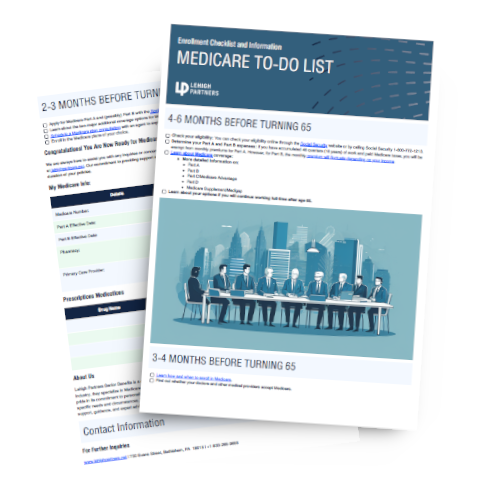Medicare Supplement (sometimes known as Medigap) is insurance that helps fill "gaps" in Original Medicare and is sold by private companies. Original Medicare pays for much, but not all, of the cost for covered health care services and supplies.
When searching for Medicare Supplement insurance near you, you'll want to keep in mind that premiums can vary from plan to plan. And there can be a significant difference in the price you pay from one state to another. In fact, there can be a significant difference in the price you pay from one local ZIP code to the next. It’s always best to price check plans based on where you live — not by what the “average” might be.
Each state has the liberty to make different legislation for insurance coverage. This means that Medicare supplement rates will vary from state to state. Factors like availability, regulation of Medicare plans, and Medicare beneficiaries in different areas will change how the pricing is done. Each insurance company has the ability to decide which plans it wants to offer.
All of the plans available are standardized and will offer the same basic benefits, but some companies may offer extra benefits in addition to what is required. Currently, the available plans include A, B, C, D, F, G, K, L, M, and N. So while factors like the cost of a plan may vary, Plan G from one company must cover the exact same things as Plan G from any other company.

Due to new regulations, Plans C and F are no longer offered to new Medicare enrollees. However, anyone who already has Plans C or F will be able to keep their coverage. And anyone who was eligible for Medicare before January 2020 may still be able to choose Plan C or F.
When shopping for Medicare Supplement Insurance, you’ll likely encounter three different pricing structures that affect how much your policy costs. The pricing structure that is used will be determined by the company issuing the policy as well as state laws. These pricing structures are:
- Attained Age: Attained age pricing will be at its cheapest when you first enroll at age 65. However, the premiums for these policies will increase each year, making them more expensive as time goes on.
- Community Rated: Community-rated pricing means the premiums will be the same for all people living in a given area, regardless of their age. However, factors like gender and tobacco use can still be factored into the cost.
- Issue Age: These policies’ rates are determined by your age when you first purchase the policy. But they do not automatically increase every year.
Now, with all of these models, premiums can still go up from factors like inflation and just general rate increases, but as you can see, age often does determine how much a plan will cost.
You’ll see how this all comes together — different states will allow different types of pricing models. For example, Florida and Georgia do not allow attained-age pricing. This adds a piece of complexity into the puzzle. The link between age and location (in relation to your supplement rates) is often tied together.
Like you read earlier, a Plan G is a Plan G. This is federally regulated, so you’re able to price shop different companies and know that the coverage is exactly the same.
So, if the coverage is the same, why would it be more expensive with another carrier?
Each company has their own set of health questions. Those companies choose who they want to accept based off of how you answer them. The companies that have harder health questions will offer a cheaper price, while the opposite is also true for the easier companies.
Another big factor is rate increases. If one company has to pay out a lot of claims, you’ll probably end up seeing a rate increase. This will vary wildly from carrier to carrier, and it all comes down to who they accept or decline.
Lastly, Medicare Supplement rates are just like anything else on the free market – companies decide how to set their premiums, based on which customers they want to attract (and from which geographic area) and what price point it takes to reach those customers.
So you can see, price varies so much based on where you live, how old you are, and which carrier you go with. That’s why you’ll find many different websites (including ours) that will ask you to request a quote.
It’s a very personalized service, and you can see why that’s the only real way to do it right.
If you’re really interested in getting an idea of how much a Medicare Supplement would cost you in your specific location and for your specific age, you should contact an independent broker to provide a list of available options.
We can compare different companies and we’ll pinpoint your rate based on your own situation.

